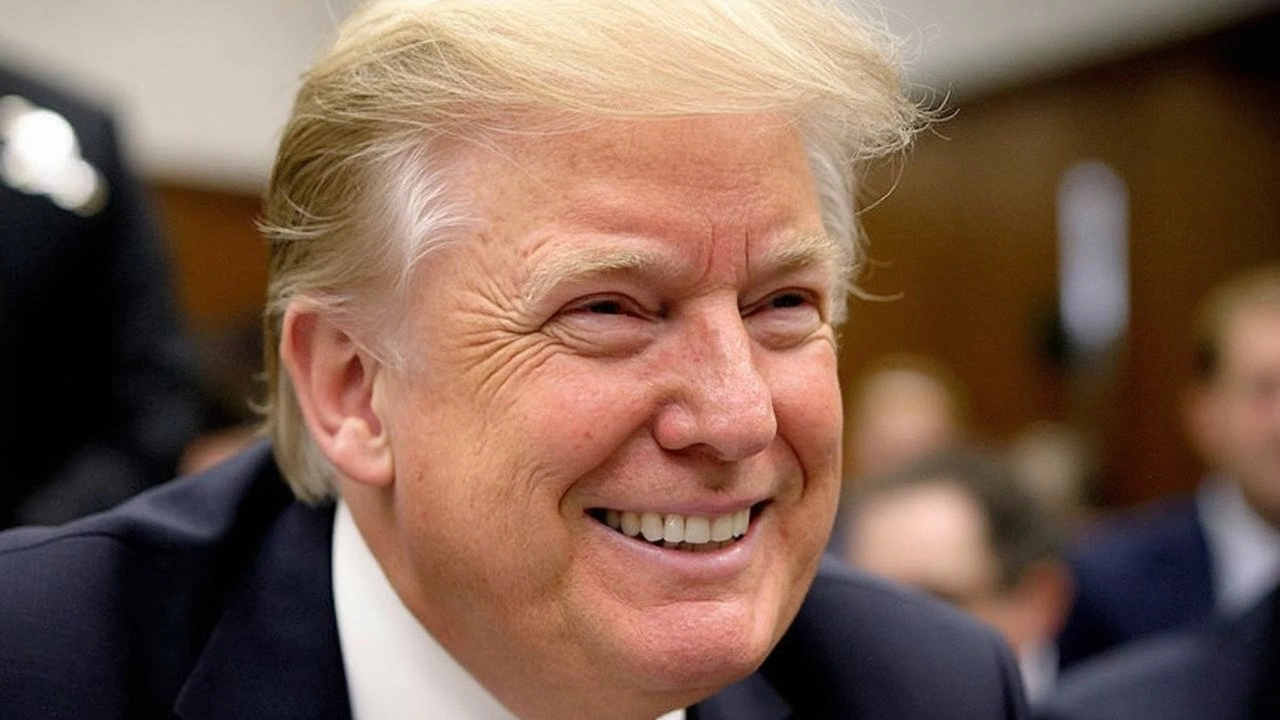In a move that's set Washington abuzz, President Donald Trump recently revealed his determination to overhaul the leadership of the John F. Kennedy Center for the Performing Arts. By announcing plans on his platform, Truth Social, Trump signaled his intention to remove existing members of the Board of Trustees, including the current Chairman, David M. Rubenstein, and to appoint himself as the future chairman. This decision not only aims to impact the leadership dynamics but also intends to reshape the broader cultural agenda of one of America's foremost artistic venues.
Push for a New Vision
Unveiling his plan, Trump asserted a vision to transform the Kennedy Center into a beacon of what he termed a "Golden Age in Arts and Culture." His post further detailed his plan to "terminate" multiple board members, whom he claims are not aligned with his vision. Promising a revamped board led by "an amazing Chairman, DONALD J. TRUMP," he expressed disdain for some of the Kennedy Center's past programming choices, particularly those involving drag performances.
Among the targeted programming were events like the "Dancing Queens Drag Brunch" and "A Drag Salute to Divas." Trump critiqued these shows, suggesting they targeted young audiences and vowed to halt such performances as part of his arts and culture revival initiative.
Historical and Governance Perspectives
The Kennedy Center has stood as a cultural bastion since its establishment in 1958, a venue graced by the National Symphony Orchestra and the Washington National Opera. Such prestigious programs have historically flourished under strong bipartisan support, with board leadership such as Rubenstein, a philanthropist whose service was recently set to extend until 2026.
Trump's announcement introduces a new layer of complexities. While some see his intrusion as political interference in a traditionally neutral institution, others argue it's a proactive step towards safeguarding cultural values. However, the authority to unilaterally alter the center's governance is questionable, considering its bipartisan founding and Congressional ties.
Critics worry this might signify a precedent of politicization within other cultural and federal bodies. Art enthusiasts and political analysts alike are keenly watching to see if Trump can successfully install himself at the helm, igniting discussions on arts, leadership, and governance.
As history reveals, the Kennedy Center was conceived as a vibrant memorial to John F. Kennedy. First envisioned under President Dwight D. Eisenhower's leadership, momentum for the center was bolstered by President Kennedy's own fundraising efforts in the early '60s. In a nod to the late president's legacy, it was renamed following his assassination, solidifying its role as a cultural crown jewel in the nation's capital.
Yet, with Trump's bold plans, the Kennedy Center may soon find itself at the center of a cultural and political crossroads, as debates rage over the appropriate blend of artistry and governance. While the center remains tight-lipped about the proposed changes, the arts community and the public are awaiting further developments with bated breath.
